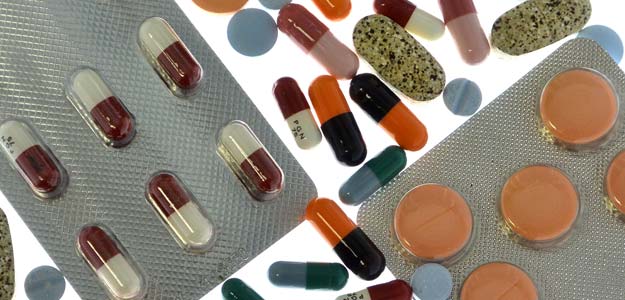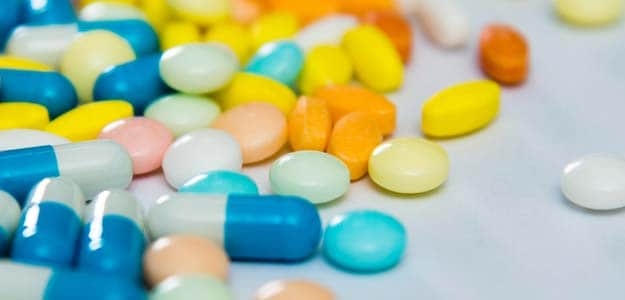
“Antibiotic resistance is one of the biggest threats to global health, food security, and development today,” WHO. One of the primary factors contributing to the rising trend of antibiotic resistance is the overuse of such drugs. Bacteria and viruses are growing more potent and resistant with time rendering the current strain of antibiotics of no use. Experts therefore develop stronger antibiotics that not only aim to kill the potent strain of antibodies but also end up harming the body.
As per a recent study published in the Journal Applied Communication Research, simply talking with the medical expert can help prevent your child’s dependence on antibiotics. If parents try and communicate with the medical professional and decide to delay the course of antibiotics, it can help prevent the child from the unnecessary exposure and ill-effects of antibiotics. Delaying antibiotic administration gives a chance for the child’s body to heal on its own and withstand similar bacterial or viral invasions in the future.

Even if a person begins to feel better after a course of antibiotics, the strongest strain of the antibody stays alive with a possibility to resurface the sickness in the future. Experts therefore encourage parents to communicate and talk in detail with the medical expert to understand the role of antibiotics better and how delaying the course can be a viable option in curing the child from the ongoing ailment.
Antibiotic abuse is becoming rampant. According to the World Health Organisation, some of the most widespread ailments like tuberculosis and pneumonia are getting difficult to treat as the current strain of antibiotics become less effective.

“Antibiotics are medicines used to prevent and treat bacterial infections. Antibiotic resistance occurs when bacteria change in response to the use of these medicines. Bacteria, not humans or animals, become antibiotic-resistant. Antibiotic resistance is accelerated by the misuse and overuse of antibiotics, as well as poor infection prevention and control,” WHO.
The World Health Organisation also shares some important tips on how individuals can take small steps to avoid antibiotics abuse.
– Practice basic hygiene and sanitation to avoid falling prey to bacterial viral invasion.
– Wash hands regularly, prepare your food with utmost hygiene, keep yourself vaccinated and avoid getting in touch with people suffering from communicable diseases.
– Keep Your environment clean
[“source-food.ndtv”]
